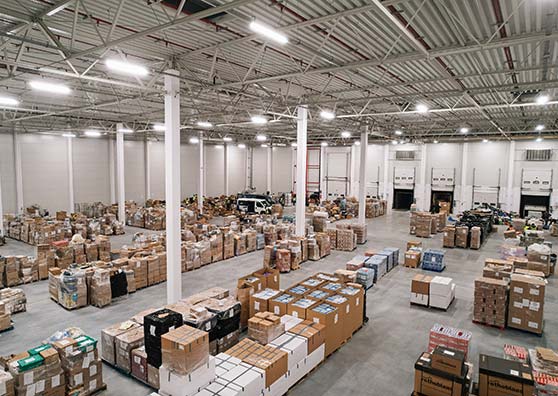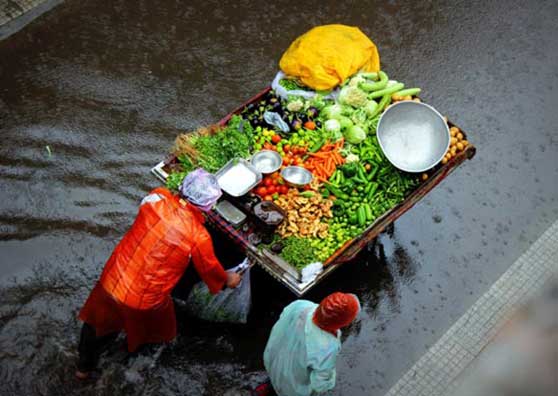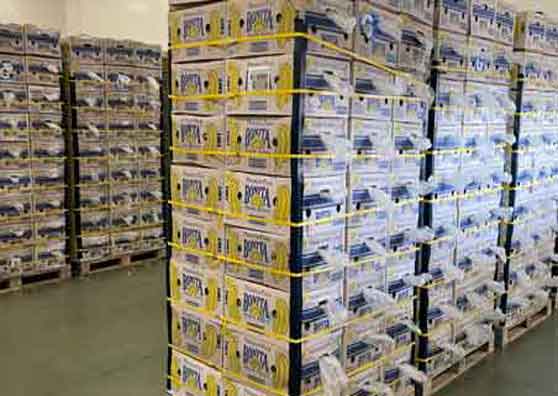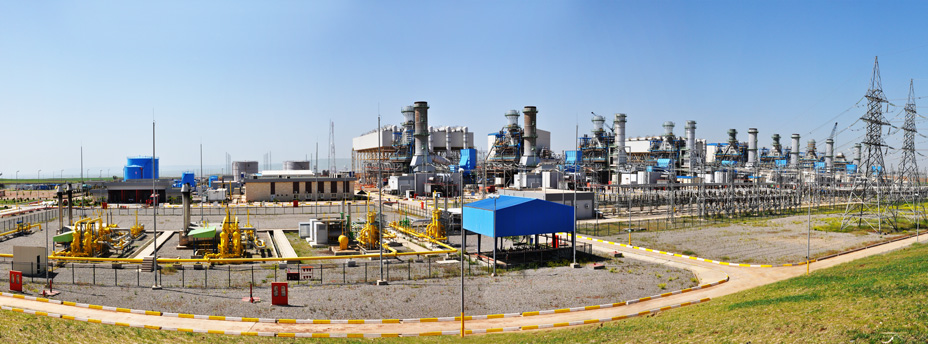
IFC’s financing package is helping Iraqi power company MGES expand a plant in the Kurdistan region. © MGES
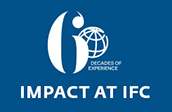 Food? Shelter? Heat? Health care? The question of how to prioritize refugees’ many and urgent needs can seem overwhelming, especially when people who need so much surge into regions already decimated by conflict. That’s the case in the Kurdistan region of Iraq. Longtime residents were already struggling in that region when it received an influx of more than 1 million internally displaced Iraqis and 250,000 Syrian refugees over the past few years.
Food? Shelter? Heat? Health care? The question of how to prioritize refugees’ many and urgent needs can seem overwhelming, especially when people who need so much surge into regions already decimated by conflict. That’s the case in the Kurdistan region of Iraq. Longtime residents were already struggling in that region when it received an influx of more than 1 million internally displaced Iraqis and 250,000 Syrian refugees over the past few years.
Years of war and lack of investment have crippled Iraq's power infrastructure, causing frequent blackouts and stifling economic growth. And the country’s public sector lacks the resources to finance reconstruction.
IFC’s $375 million financing package for a leading private Iraqi power company, Mass Global Energy Sulimaniya (MGES), will help strengthen the power infrastructure for the region and its residents—those who have lived there for generations as well as people who have been resettled from elsewhere.
With IFC’s investment, MGES will add 500 megawatts of capacity to a 1,000-megawatt power plant in Kurdistan. This will provide power to 3 million people whose basic needs and comforts rely on electricity—allowing them to cook food, heat living spaces, and power up medical facilities. Our funds will also help complete a new power plant near Baghdad that will supply about half of the Iraqi capital's electricity requirements.
One Investment, Multiple Benefits
IFC helped arrange this innovative debt and equity package, which includes $250 million from IFC’s own account and $125 million from longtime client Bank Audi, of Lebanon. This was IFC’s first Islamic syndicated loan. The financing package is part of our larger effort to support infrastructure development in Iraq, which needs to increase its power generating capacity by an estimated 70 percent just to meet current demand.
Iraq’s chronic power shortages not only affect the day-to-day lives of its residents and refugees. It cripples business productivity both locally and nationally, also curtailing any possible revenues from exports. This in turn negatively impacts the economy and employment. This IFC-led transaction is important because in addition to helping increase Iraq’s power capacity, the funds will also provide much-needed liquidity for the country.
A Focus on Iraq
Iraq is one of IFC’s priorities in the Middle East region. We have provided funding for around 10 projects in the country, covering telecoms, industry, water, and hotels, among other sectors, and we are considering further investment opportunities in the power and manufacturing sectors. In total, we have invested $410 million (including $125 million in mobilization) in Iraq to support the development of the nation’s private sector, with a special emphasis on improving access to vital infrastructure and supporting the manufacturing sector.
A strong belief in the role of the private sector drives our activity in Iraq. Most fragile states need a wide array of support from humanitarian groups, development organizations, and donors. But they also need a strong private sector to create jobs—and therefore hope for a better future. Over the past five years, IFC has invested $2 billion in infrastructure projects in fragile and conflict-affected countries, including funds we mobilized from other investors.
Fragile states—even those, like Iraq, with a migrant crisis layered on top of an already faltering infrastructure and economy—are not prisoners of their history. With the right reforms, sustained support, and strong private sector investments, these countries have every chance to lay the foundation for growth, stability, and lasting prosperity.
To learn more about IFC’s work in infrastructure, visit www.ifc.org/infrastructure
Stay connected: #6DecadesOfExperience
Published in February 2017
